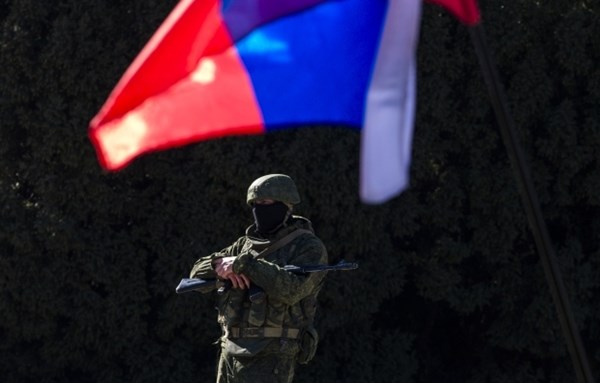High casualties and stalled advances: Russian forces face setbacks near Vovchansk and Avdiivka
According to analysts, Russian pro-military bloggers have reported counterattacks by Ukrainian Armed Forces (AFU) near Lyptsi and Hlyboke. There is concern among Russian military ranks that even small concentrations of personnel could become targets for Ukraine’s reconnaissance and fire complexes.
On July 6th, Russian forces continued their sabotage and reconnaissance activities along the international border between Russia and northeastern Ukraine. One Russian source claimed that Russian sabotage-reconnaissance groups (SRG) entered Aleksandrivka and Popovka in the Sumy region, bordering the Belgorod region. This was reported by the Institute for the Study of War (ISW) in a briefing on July 6th.
It is reported that Russian forces are no longer present in the mentioned settlements. Meanwhile, a Russian source indicated that Russian troops have yet to commence offensive operations in this area.
Russian forces reportedly recently captured positions in the settlement of Sotnitsky Kazachok. However, the ISW found no evidence that Russian forces are firmly holding positions in the mentioned village. The sabotage activity is likely intended to distract the UAF from other directions; such attempts could also indicate a future offensive. Russian forces might begin offensive operations from this area, and personnel have probably concentrated here to mislead Ukraine about their next move.
On July 6th, fighting continued north and northeast of Kharkiv, but the frontline remained unchanged. According to the UAF General Staff, Russian forces continued their offensive near Lyptsi and Hlyboke and northeast of Kharkiv near Starytsa and Vovchansk.
Russian sources claim Ukrainian forces carried out counterattacks near Lyptsi and Hlyboke, within Vovchansk and nearby, as well as around Tikhe. Ukrainian military officials said that in the Vovchansk area, Russian troops are attempting to regroup units by relocating individuals. Analysts suggest that Russian military personnel are worried that even small Russian troop concentrations might be vulnerable to Ukrainian reconnaissance and fire systems.
Pro-military blogger Vladimir Romanov, who frequently criticizes the Russian command, reported insufficient progress by Russian forces on the Vovchansk front. He claimed Russian forces are far from achieving their goal of creating a 15-kilometre buffer zone and are facing coordination issues on this front.
He also stated that Russian forces attacking around Vovchansk have already suffered 30% losses compared to the personnel used during the four-month campaign to capture Avdiivka.
There are differing figures (Ukrainian and Russian) regarding Russian losses on the Avdiivka front, making it unclear what exactly is being compared. Nonetheless, Romanov suggests that the attempt to capture the small Ukrainian border town of Vovchansk has been costly for Russia.
He placed the responsibility for the conduct of the Russian offensive operation in Vovchansk directly on the Russian forces’ "Northern" grouping and Colonel General Alexander Lapin.
Recall that the ISW explained why Hungarian Prime Minister Viktor Orban aims to become a mediator in peace talks between Ukraine and Russia.
It was also reported that in the Voronezh region, explosive objects began detonating following drone attacks.
